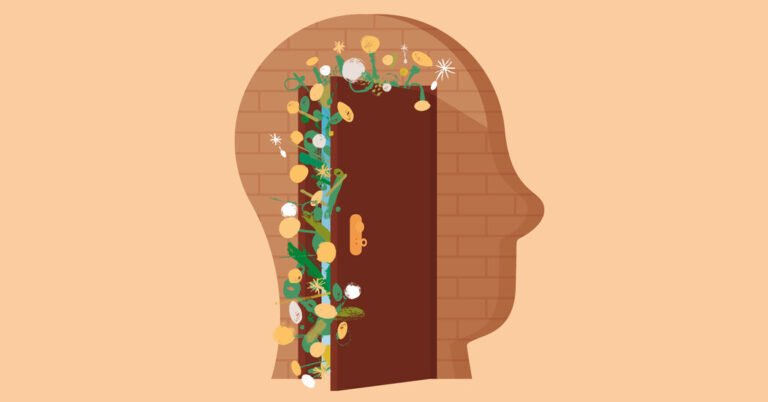Can I tell you a secret? Do you promise not to say anything?
How often have you heard or said these words?
What was the last big secret you knew? Was it yours or someone else’s? How hard was it not to let it slip away?
In “The quiet thrill of keeping a secret“, writes Catherine Pearson of new research suggesting that keeping good news to yourself can be empowering:
If your partner gets down on one knee to propose, or you get a call with the job offer you’re eyeing, your tendency might be to shout it from the rooftops. But new research suggests that keeping positive secrets to yourself can have an “energizing” effect.
The studypublished in the November issue of the Journal of Personality and Social Psychology: Attitudes and Social Cognition, included five experiments with a total of 2,800 participants aged 18 to 78.
In one experiment, participants were given a list of 38 types of positive personal news, such as a new romance, an upcoming trip, or the opportunity to pay off debt. On average, people reported experiencing about 15 things on this list, including five to six that they hadn’t told anyone about.
Participants were then randomly assigned to think about an experience they had talked about with others or an experience they were currently keeping secret. Those who reflected on secret good news reported feeling much more “energized” than those who reflected on good news they had already shared.
“It’s not energy in the sense of, you know, ‘I just drank coffee,'” said Michael Slepian, an associate professor of business at Columbia University, author of “The secret life of secrets” and a lead researcher on the study. Instead, he described it as a kind of “psychological energy,” more like the feeling you get when you’re deeply engaged in something.
Ms. Pearson writes that “not all secrets are equal”:
Many people keep secrets because they fear the negative consequences of sharing them, Drs. Wismeijer and Slepian said, and the harm seems to come from ruminating on them.
Negative secrets — like a lie you’re hiding or a time you betrayed someone’s trust — tend to wear us out, Dr. Slepian said. In a preliminary study, he found that people preoccupied with an important secret rated hills as steeper and thought physical tasks required more effort, as if the secret weighed them down and took away their energy. Negative secrets have also been linked to anxiety and relationship problems.
However, positive secrets do not seem to have this effect. On the contrary, people seem animated by them. One factor could be that people often have different motivations for keeping good news to themselves.
Students, read the entire article and then tell us:
-
Do you like keeping secrets? Have you ever experienced what Ms. Pearson describes as a “quiet thrill”?
-
Are you good at keeping a secret? Have you ever revealed someone else’s confidential news? Conversely, has anyone ever disclosed information that you had entrusted to them in confidence?
-
Ms. Pearson distinguishes two types of secrets: positive and negative. The latter, like the lies you hide, tend to wear you down, she writes, while positive secrets, like a new romance or a job offer, seem to enliven the one who holds them. How do these concepts resonate with your own experiences of keeping secrets?
-
What advice would you give to someone who has trouble keeping secrets?
-
After reading the article, do you think you are more likely to relish good news and keep positive secrets to yourself?
Students aged 13 and over in the United States and Britain, and 16 and over elsewhere, are invited to comment. All comments are moderated by Learning Network staff, but please keep in mind that once your comment is accepted, it will be made public and may be published in print.
Find more student opinion questions here. Teachers, look at this guide to learn how to incorporate these prompts into your classroom.


